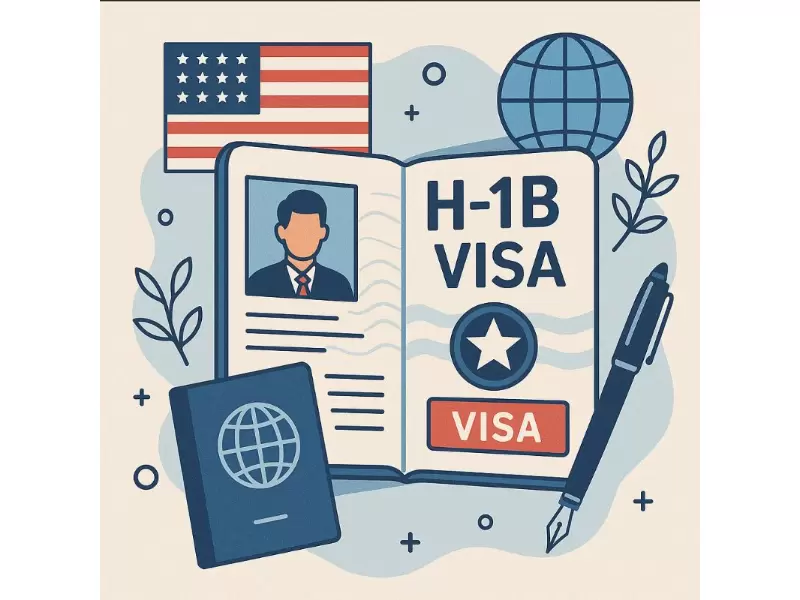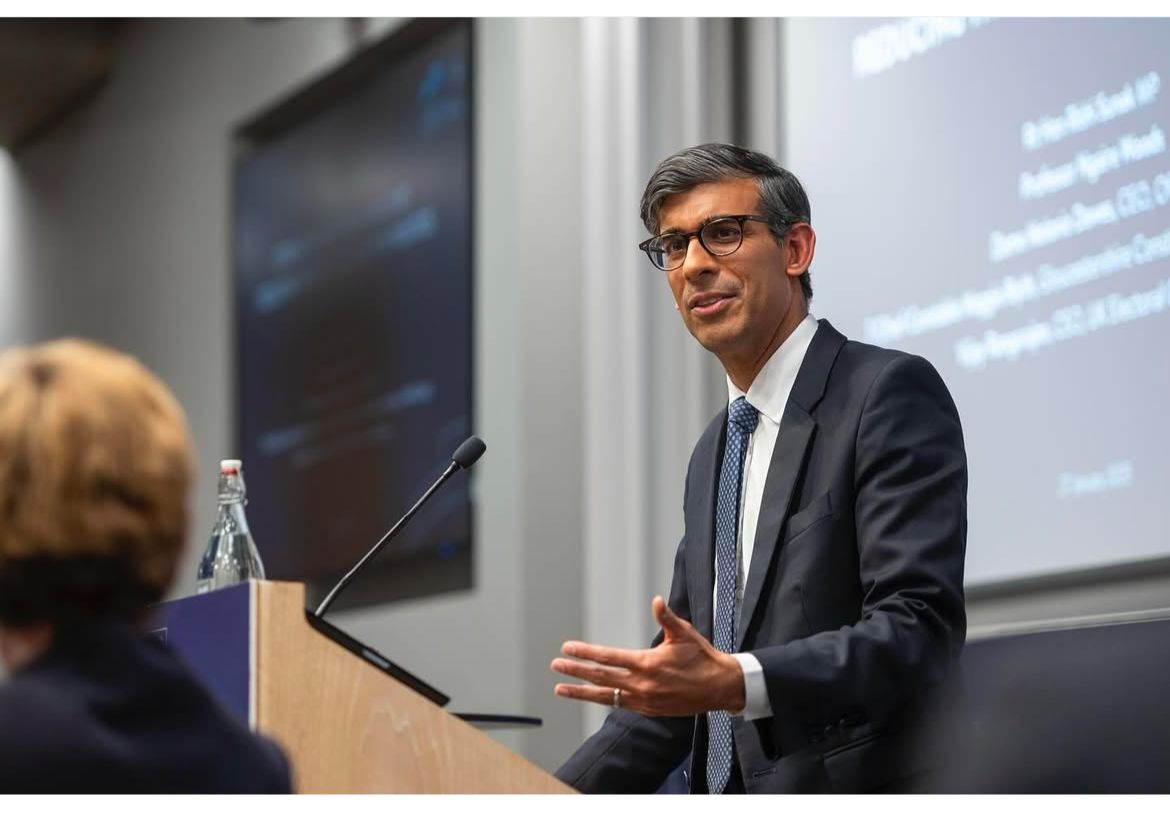Declining international students in US hurting economy: Report
International students have contributed $42.9 billion to the U.S. economy and supported more than 355,000 jobs in the academic year 2024-25.
 Representative image / Pexels
Representative image / Pexels
Amid heightened and often polarized conversations about immigration to the United States, a new study claims a significant decline in the number of international students enrolling at U.S. colleges and universities.
The study has been published by NAFSA: Association of International Educators, one of the world's largest nonprofit associations dedicated to international education and exchange. NAFSA serves the needs of more than 11,000 members and international educators worldwide at more than 4,300 institutions, in 170+ countries.
Indian students—who overtook China as the top source with 363,000 enrolled in 2024-25—have faced a 44.5% drop in arrivals, driven by heightened scrutiny and uncertainty, potentially reshaping long-term ties between U.S. academia and key immigrant communities, as per Customs and Border Patrol Data.
International students have contributed $42.9 billion to the U.S. economy and supported more than 355,000 jobs in the academic year 2024-25.
ALSO READ: Indian-origin student builds autonomous forklift at U.S. firm
The 2024-25 statistics, however, marks a 2 percent decline from the previous year numbers, making it the first time that a decrease has been recorded since the impacts of the COVID-19 pandemic. This has cost the U.S. economy $1.1 billion and nearly 23,000 jobs.
Talking about the report, NAFSA executive director and CEO, Fanta Aw said, "A close read of enrollment figures from last year and this fall shows that the pipeline of global talent in the United States is in a precarious position."
Aw added, "If you exclude those international students who were engaged in post-graduation Optional Practical Training last year—which, at 25 percent, is the largest share of total enrollment ever—and this fall, there are alarming declines that we ignore at our own peril. Other countries are creating effective incentives to capitalize on our mistakes."
NAFSA’s latest economic analysis shows that international students continue to have a significant impact on the U.S. economy, with every three students creating or supporting one American job in areas such as higher education, housing, dining, retail, transportation, telecommunications, and health insurance—a ratio unchanged from last year.
Contributions from students at community colleges rose for the third consecutive year, reaching $2.2 billion and supporting over 9,000 jobs/
Economic activity from students in English language programs increased 5.7 percent to $393.3 million but remains 44 percent below pre-pandemic levels. The top five states for economic impact—California, New York, Massachusetts, Texas, and Illinois—remained the same as the previous two years.
Expressing her views on the urgent steps that need to be undertaken, Fanta Aw added, "The United States must adopt more proactive policies to attract and retain the world’s best and brightest and recognize that post-study work opportunities are essential to our standing as the top destination for global talent. Otherwise, international students will increasingly choose to go elsewhere—to the detriment of our economy, excellence in research and innovation, and global competitiveness and engagement."
ADVERTISEMENT
ADVERTISEMENT
E Paper
Video




 Jeffin T. Kaleekal
Jeffin T. Kaleekal





.jpg)







Comments
Start the conversation
Become a member of New India Abroad to start commenting.
Sign Up Now
Already have an account? Login